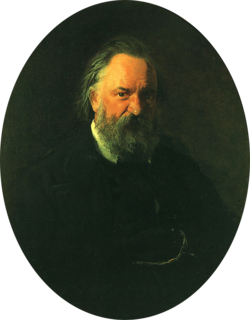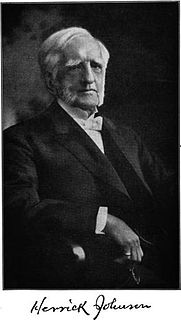A Quote by George Orwell
The very concept of objective truth is fading out of the world. Lies will pass into history.
Related Quotes
Subjective reason ... is inclined to abandon the fight with religion by setting up two different brackets, one for science and philosophy, and one for institutionalized mythology, thus recognizing both of them. For the philosophy of objective reason there is no such way out. Since it hold to the concept of objective truth, it must take a positive or a negative stand with regard to the content of established religion.
But history will judge you, and as the years pass, you will ultimately judge yourself, in the extent to which you have used your gifts and talents to lighten and enrich the lives of your fellow men. In your hands lies the future of your world and the fulfillment of the best qualities of your own spirit.
Lies 1: There is only the present and nothing to remember. Lies 2: Time is a straight line. Lies 3: The difference between the past and the futures is that one has happened while the other has not. Lies 4: We can only be in one place at a time. Lies 5: Any proposition that contains the word 'finite' (the world, the universe, experience, ourselves...) Lies 6: Reality as something which can be agreed upon. Lies 7: Reality is truth.
The result of a consistent and total substitution of lies for factual truth is not that the lie will now be accepted as truth, and truth be defamed as lie, but that the sense by which we take our bearings in the real world - and the category of truth versus falsehood is among the mental means to this end - is being destroyed.
Without a thorough and deeply rooted understanding of the biblical view of truth as revealed, objective, absolute, universal, eternally engaging, antithetical and exclusive, unified and systematic, and as an end in itself, the Christian response to postmodernism will be muted by the surrounding culture or will make illicit compromises with the truth-impoverished spirit of the age. The good news is that truth is still truth, that it provides a backbone for witness and ministry in postmodern times, and that God's truth will never fail.
Here is Christianity. Whence came it? It is a force in the world, a prodigious force. It has revolutionized society. It has lifted man out of himself. It has changed the face of the world. There it lies, imbedded in more than eighteen centuries of human history; and history of no mean sort, the best record of the race.
There is no author or legislator of the moral law. It is simply valid in itself in the nature or essence of things. We become autonomous only when we obey it, because then our will aligns itself with the objectively valid law, and our choice follows the same law as that we give ourselves. We can think of rational faculty (or the idea - the pure rational concept, not exhibitable in experience) as the legislator or author of the law because reason recognizes an objective standard, and to that extent is already aligned with objective moral truth.







































